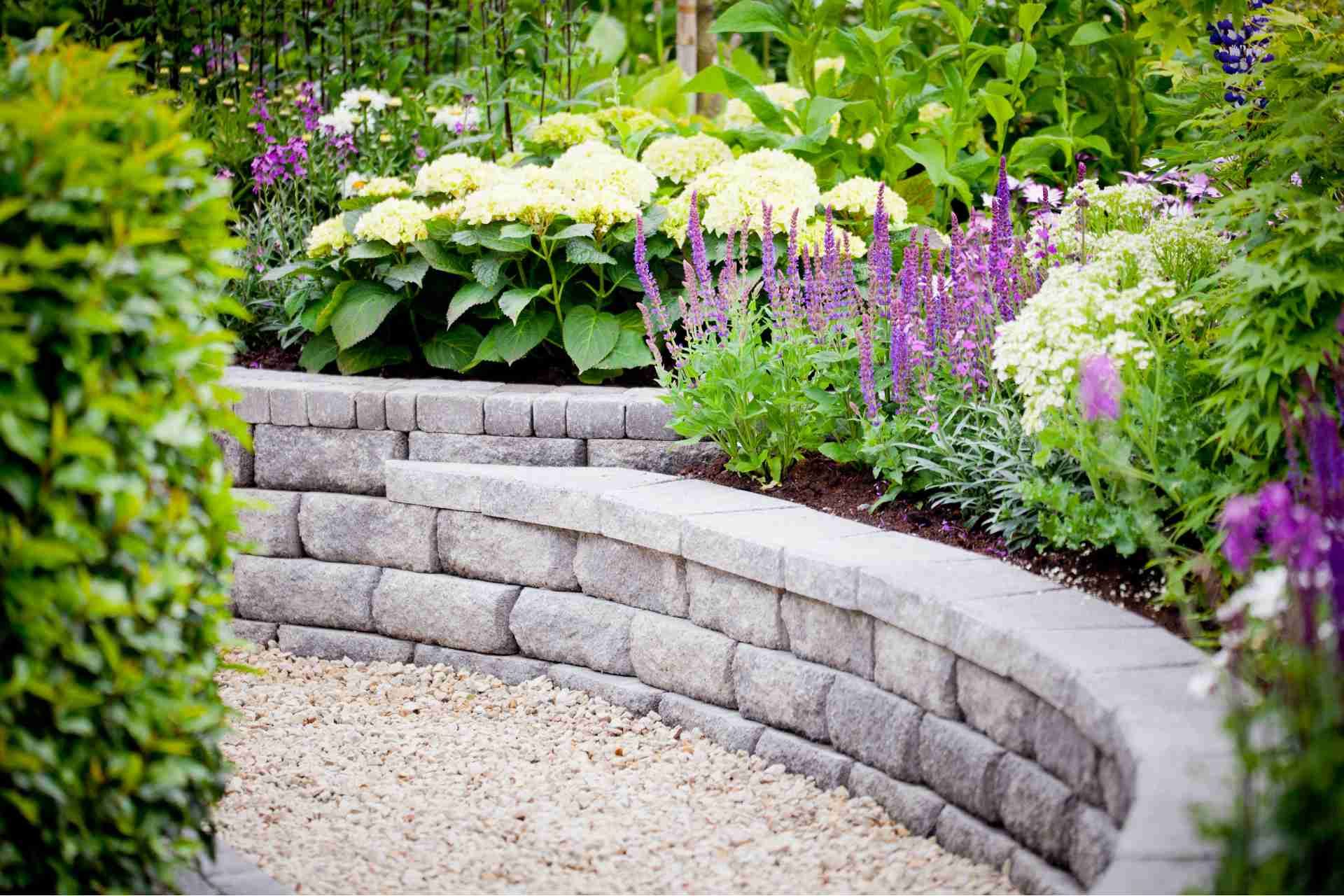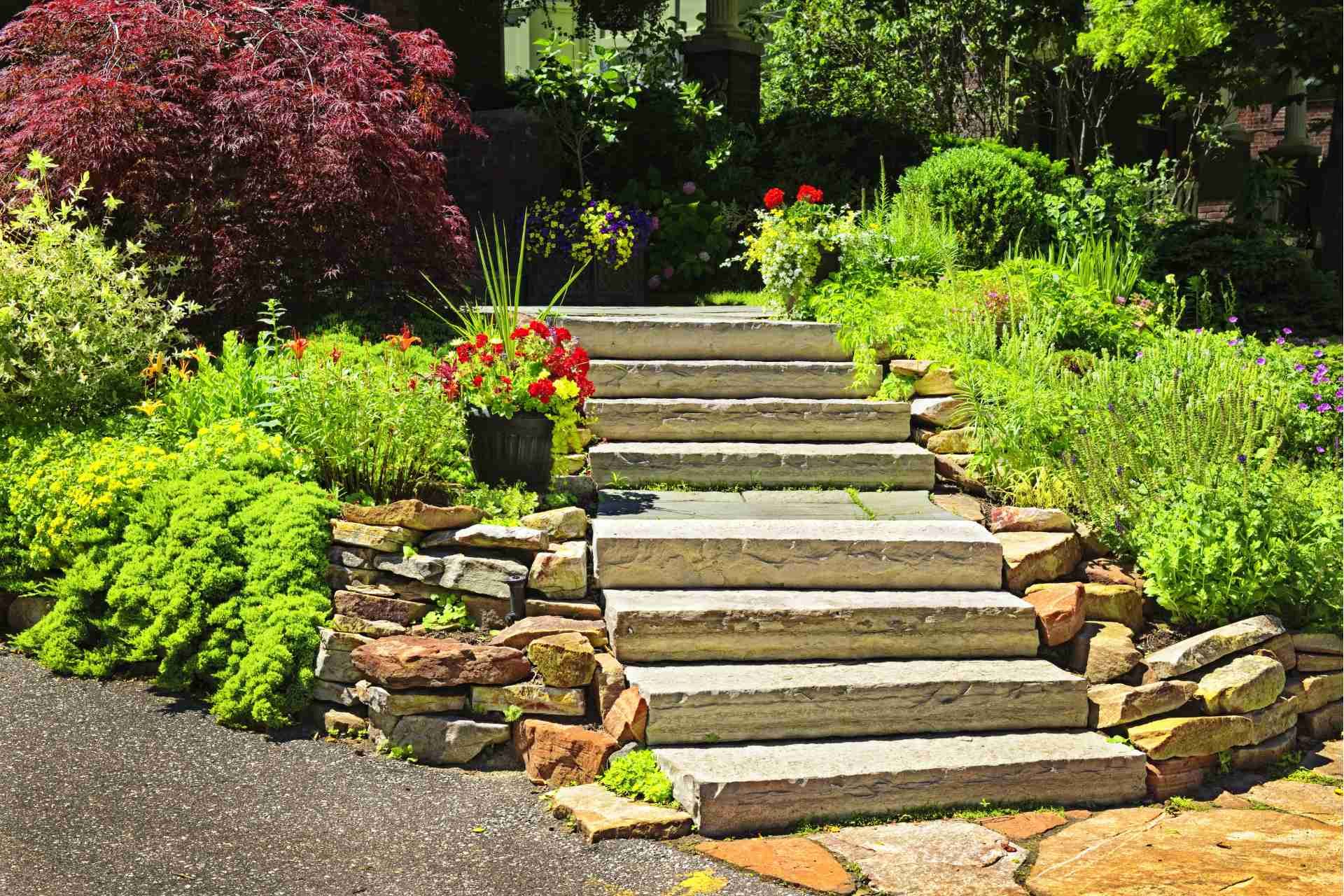Useful Gardening Hacks You Need to Know
Gardening can be a relaxing and therapeutic hobby that allows individuals to connect with nature, enjoy fresh air and sunshine, and create a beautiful and productive outdoor space. It also provides opportunities to grow your own produce, which can be both rewarding and cost-effective.
Whether you're a seasoned gardener or just starting out with your green thumb, there are always ways to make your gardening experience more enjoyable and efficient. From clever tricks to save you time and money, to simple solutions to common
gardening problems, these useful gardening hacks are sure to help you make the most of your outdoor space.
Check out our list of must-know gardening hacks to help you achieve a thriving and beautiful garden all season long.
Use coffee grounds as fertilizer
Coffee grounds can be a great addition to your garden as a natural fertilizer. They are rich in nutrients such as nitrogen, phosphorus, and potassium, which are essential for plant growth.
To use coffee grounds as fertilizer, simply sprinkle a thin layer around the base of your plants or mix the grounds into the soil. Be sure to only use coffee grounds from brewed coffee, as fresh grounds can be too acidic for some plants.
Coffee grounds can also help improve soil quality by adding organic matter and improving drainage. They can also attract earthworms, which help aerate the soil and break down organic matter.
Use Epsom salt as a natural fertilizer
Epsom salt, also known as magnesium sulfate, can be used as a natural fertilizer to help improve plant growth and health. It is particularly beneficial for plants that require magnesium, such as tomatoes, peppers, and roses.
To use Epsom salt as a fertilizer, dilute it in water and apply it to the soil around your plants. The recommended ratio is 1 tablespoon of Epsom salt per gallon of water. You can apply the solution to your plants once a month during the growing season.
Epsom salt can help improve nutrient uptake in plants, promote better blooming and fruiting, and prevent magnesium deficiency. However, it is important to not overuse Epsom salt as it can build up in the soil and cause imbalances in other nutrients.
Use eggshells to deter pests
One eco-friendly way to deter pests in your garden is to use crushed eggshells as a natural barrier. Eggshells are sharp and abrasive, which can help keep pests like slugs, snails, and beetles away from your plants.
To use eggshells as a pest deterrent, simply crush them into small pieces and sprinkle them around the base of your plants or directly into the soil. The sharp edges of the eggshells will create a barrier that pests will avoid, helping to protect your garden from damage.
In addition to deterring pests, eggshells are also a great source of calcium for your plants. As the eggshells break down, they release calcium into the soil, which can help improve the overall health of your plants.
Use a banana peel as a natural fertilizer
Banana peels are a great natural fertilizer because they are rich in potassium, which is an essential nutrient for plant growth. To use a banana peel as fertilizer, simply chop it up into small pieces and bury it in the soil around your plants. As the peel decomposes, it will release nutrients that will help your plants grow strong and healthy. You can also blend the banana peel with water to create a nutrient-rich liquid fertilizer that can be sprayed on your plants. Just be sure to bury or mix the peels well so that they don't attract pests.
Use a mixture of baking soda and water to combat powdery mildew
Powdery mildew is a common fungal disease that affects plants, causing a white powdery substance to form on leaves and stems. One natural remedy for powdery mildew is a mixture of baking soda and water.
To make the mixture, combine 1 tablespoon of baking soda with 1 gallon of water in a spray bottle. Shake well to ensure the baking soda is fully dissolved in the water.
Spray the affected plants liberally with the baking soda mixture, focusing on the leaves and stems where the powdery mildew is present. Be sure to cover both the top and bottom of the leaves for maximum effectiveness.
Repeat this treatment every 7-10 days until the powdery mildew is gone. Be sure to reapply after rainfall or watering your plants.
Baking soda works by altering the pH level on the surface of the plant, creating an inhospitable environment for the powdery mildew fungus to thrive. This natural remedy is safe and effective for combating the spread of powdery mildew on your plants.
Use a potato as a natural slug trap
To use a potato as a natural slug trap, cut a large potato in half and scoop out the flesh to create a hollow cavity. Place the hollowed-out potato halves in your garden or near areas where you have noticed slug activity. Slugs are attracted to the moisture and darkness inside the potato halves and will crawl inside to seek shelter. Check the potato halves regularly and remove any slugs that have taken refuge inside. This natural slug trap can help reduce slug populations in your garden without the use of harmful chemicals.
Use vinegar as a natural weed killer
To use vinegar as a natural weed killer, you can simply pour undiluted white vinegar over the weeds you want to eliminate. Be sure to target the vinegar directly on the leaves and roots of the weeds to ensure they are effectively killed. It is best to apply vinegar on a sunny day, as the heat will help the vinegar penetrate the plant more effectively. Keep in mind that vinegar may also affect other plants nearby if not applied carefully, so it is best to use this natural weed killer selectively and with caution.
Use a garden hose with holes punched in it for a DIY soaker hose
To create a DIY soaker hose, simply take a regular garden hose and punch small holes in it using a nail or a small drill. Make sure to space the holes evenly along the length of the hose, ensuring that water will be dispersed evenly.
Once you have punched the holes, connect one end of the hose to a water source, such as a hose bib or a spigot. Turn on the water at a low pressure to allow the water to seep out of the holes in the hose.
Lay the hose in your garden bed or around your plants, making sure to cover the areas that need watering. The water will slowly drip out of the holes, providing a gentle and consistent watering for your plants.
This DIY soaker hose is a cost-effective and easy way to water your garden without wasting water through runoff or evaporation. Plus, it allows you to customize the length and layout of the hose to fit your specific garden needs.
Use plastic forks to deter pets and animals
Placing plastic forks in the ground around your garden or outdoor areas can help deter pets and animals from digging or entering certain areas. The sharp tines of the forks can make it uncomfortable for them to walk or dig, discouraging them from coming near. Just be sure to place the forks with the tines facing up and spaced closely together to be most effective.
Use a lemon to keep cut flowers fresh
Lemons are not only a versatile fruit for cooking and baking, but they can also be used to keep your flowers fresh and vibrant for longer. The citric acid in lemons helps to lower the pH level of the water, preventing the growth of bacteria and fungi that can cause flowers to wilt and die prematurely.
To use lemons to keep your cut flowers fresh, all you need to do is follow these simple steps:
1. Fill a vase with room temperature water and add a few drops of lemon juice. Alternatively, you can slice a lemon and add it to the water.
2. Remove any leaves from the stems of the flowers that will be submerged in the water, as they can promote bacterial growth.
3. Cut the stems of the flowers at an angle under running water to ensure they can absorb water more easily.
4. Place the flowers in the vase with the lemon water and display them in a cool, shady spot away from direct sunlight and drafts.
5. Change the water every 2-3 days, refreshing the lemon juice to ensure maximum freshness.
By using lemons to keep your cut flowers fresh, you can enjoy their beauty for longer and save money on replacing them frequently. Plus, you can feel good about using a natural and eco-friendly method to extend the life of your flowers.
Work with Professional Local Landscaping Company in Lake Lotawana, MO
Lone Oak Lawns is a professional landscaping company serving Lake Lotawana, MO and surrounding areas. With years of experience in creating beautiful outdoor spaces, we can help you transform your garden into a stunning oasis.
Our team of skilled landscapers can handle all aspects of garden design and maintenance, from lawn mowing and trimming to planting flowers and trees. We take pride in our attention to detail and commitment to customer satisfaction, ensuring that your garden looks its best year-round.
Contact us today to schedule a consultation and start creating the garden of your dreams.








